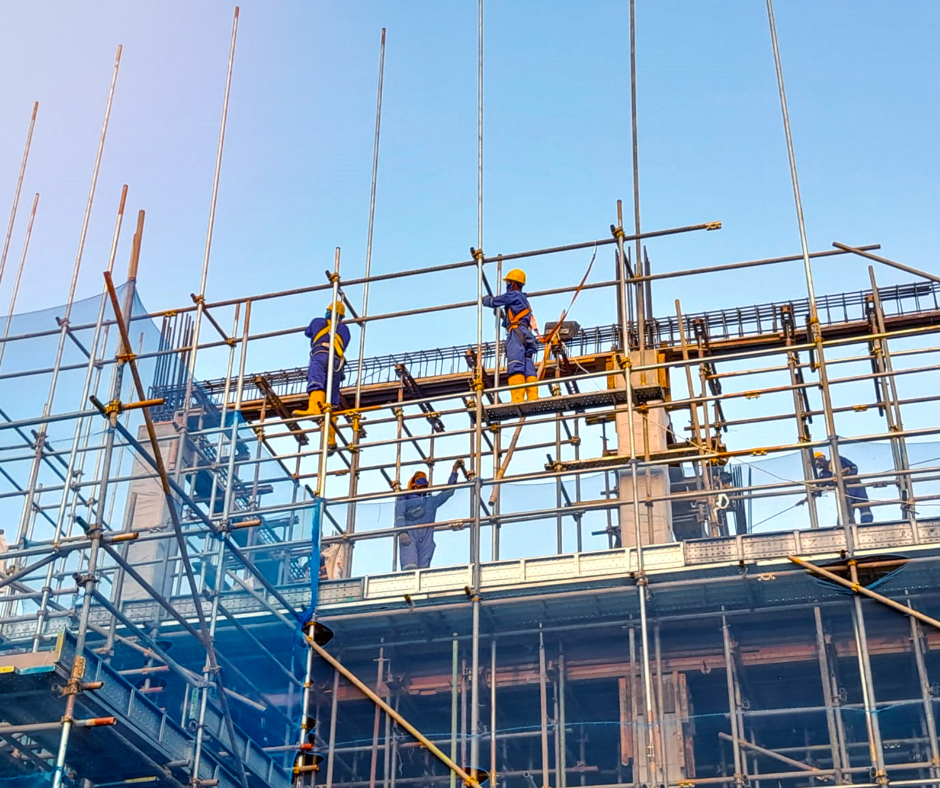
WorkSafe ACT Inspectors have confirmed that site safety inspections will continue seven days a week indefinitely, to achieve industry compliance with safety requirements. The residential sector is receiving priority attention from inspectors, and have identified the following key focus areas that require attention to ensure compliance:
If you require assistance with any of these areas, contact our Advisory Team.